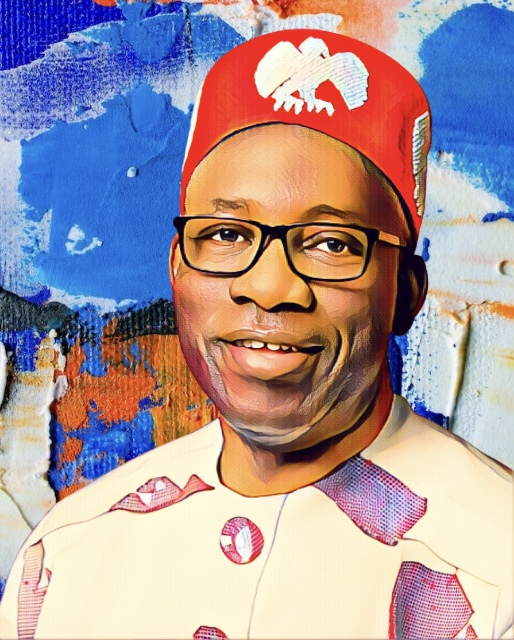KEY POINTS
- Soludo warns INEC result review limits could fuel impunity.
- He urges legal sanctions against errant election officials.
- Transparency and accountability remain key to credible polls.
Anambra State Governor and former Central Bank chief, Charles Soludo, has raised alarm over the Independent National Electoral Commission’s plan to narrow its powers to review election results.
Speaking virtually at the Athena Centre’s Review of INEC’s Innovation in Electoral Technology (2015–2025), Soludo said the move could blunt efforts to curb impunity in Nigeria’s political system. He praised the commission’s progress in electoral technology but questioned its motive for seeking an amendment to Section 64 of the Electoral Act.
Limiting INEC’s power could fuel impunity
Under current law, INEC can review results declared under duress or in violation of its guidelines. Soludo warned that limiting that power only to cases of duress would protect errant officials and embolden misconduct.
“How problematic is that,” he asked, “when Nigerians have been calling for stronger checks against impunity?”
He said the proposed change could make it harder to reverse fraudulent results, especially when collation officers openly defy guidelines. “It seems perverse to try and protect election officials when they violate the law,” he said.
INEC result review must remain strong
Soludo acknowledged the argument that broader review powers could burden INEC with judicial functions. Yet, he insisted the commission must retain the ability to correct its own errors and discipline violators.
He called for laws that ensure any INEC official who signs off on irregular results faces prosecution and jail time. “Until we jail one or two, the cycle of impunity will continue,” he said.
Soludo also criticized a culture where compromised officials are recycled across states as “experts” in manipulating results. He urged full transparency and accountability across the electoral chain.
Nigeria’s democracy still a work in progress
Despite his criticisms, Soludo acknowledged Nigeria’s electoral system has made visible progress. He cited the era of former INEC Chairman Attahiru Jega, when the incumbent government lost and peacefully conceded.
He described his vision of a “dream system” where politicians win based on voters’ choice, not their connections to election or security officials. He also urged political parties to remain vigilant at polling units to deter malpractice.
“This is a work in progress,” he said. “We can move faster, but we must not forget how far we’ve come.”



